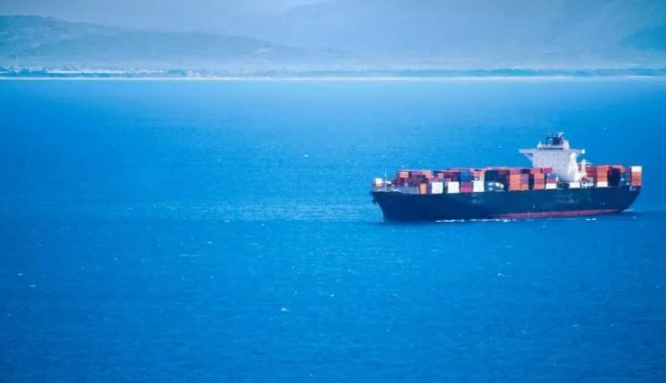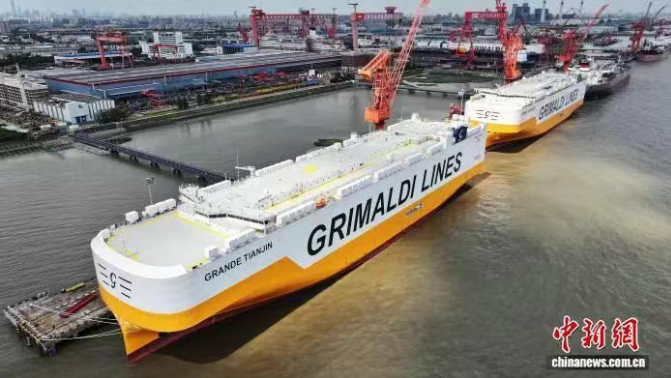The Houthi version of "Maritime Traffic Rules" has been released.
According to a recent document released by the Humanitarian Operations Coordination Center (HOCC), the Houthi forces have updated their frequently asked questions (FAQ) page, which outlines how ships can navigate safely in the Gulf of Aden and the Red Sea while avoiding potential attacks.
Although the British Maritime Trade Organization remains an important source of maritime safety guidance, it has not provided specific recommendations on whether captains should cooperate with the maritime coordination centers or follow their procedures. This leaves it up to the captains to make their own decisions regarding these matters.

The updated frequently asked questions provide guidance for seafarers to contact through various communication channels, and require shipowners to submit a safety passage request at least 48 hours before entering the designated area. This process enables the Houthi militants to closely monitor the arriving vessels, thereby potentially taking targeted actions based on the intelligence gathered.
Western shipping companies naturally adopt a cautious attitude when dealing with entities that have been designated as terrorist organizations by the US authorities. The frequently asked questions also mention that allegedly 64 shipowners received "pre-penalty notices" for violating the restrictions imposed by the Houthi forces on Israeli ports. However, the complete list of these shipowners has not yet been released, and only the names of 15 US defense companies have been disclosed so far.
On the HOCC website, there is a search tool that allows shipowners to check if their vessels are on the prohibited vessel list. However, there is no guarantee that the notifications will be sent accurately, nor can the results of this database be assured to be reliable.
Engaging with the Houthi armed group's cooperation committee might entail risks beyond direct sanctions. Such engagement could inadvertently expose potential targets, yet no assurances regarding the security situation could be obtained from them.
For ships navigating in these dangerous waters, captains should promptly obtain the latest information on the common questions and answers of the maritime coordination center, keep the emergency communication channels such as VHF channel 16 open, and strictly follow the established routes to avoid military facilities.
The intelligence department of Lloyd's List Shipping Daily recently reported that only 944 vessels passed through the Red Sea. This figure indicates that the traffic volume in this area has remained at a low level for the past few months. Given these risks, some operators may choose alternative routes or, if feasible, seek naval escort.
Pioneer Technology Company warns that one should not rely solely on the tools provided by the Houthi authorities or their frequently asked questions to replace a comprehensive risk assessment conducted by professional maritime safety personnel. They emphasize that such resources are more of a strategic measure aimed at legitimizing the Houthi forces' control over the Yemeni waters, rather than providing objective information that is crucial for safe navigation.
声明:转载此文是出于传递更多信息之目的。若有来源标注错误或侵犯了您的合法权益,请作者持权属证明与本网联系,我们将及时更正、删除,谢谢。
2025-08-19来源:航运在线
Recent news

China State Shipbuilding Corporation's Waigaoqiao Shipbuilding delivered its 600th vessel.

Boat, boat, boat! More than 60 new ships are under construction in Shanghai's three big Ships

Will the US impose 60% tariffs on all Chinese goods? Response of the Ministry of Foreign Affairs

Maersk set up an international transshipment center in Lingang, Shanghai

"Sea Hercules" and new Chinese ships Hudong China opened a new beginning of the New Year ship delivery

More than 500 ships! Ningde time on board

Swim upstream! Chinese shipping company to carry out Red Sea express


